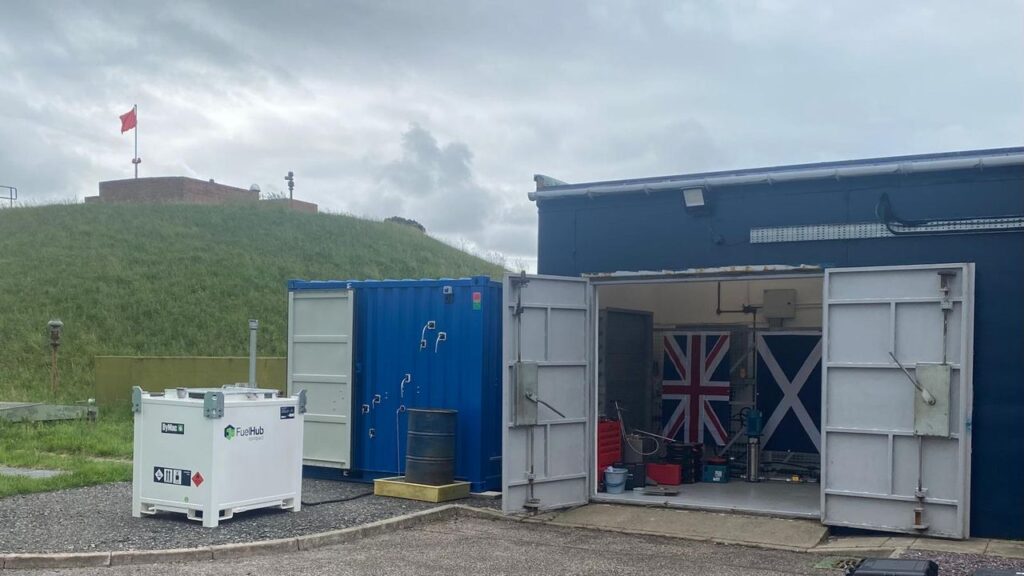
The United Kingdom has inaugurated a new rocket engine testing facility on the picturesque Mull of Kintyre peninsula, a location famed for its association with the song by Paul McCartney. This development marks a significant step in the U.K.’s aspiration to enhance its position in the European space launch market.
The newly established facility, named the MachLab, is located near the small town of Campbeltown in southwestern Scotland. It aims to accelerate the development of advanced rocket engines tailored for small launch vehicles. The U.K. has been actively working to establish itself as a key player in the European space sector, especially following a setback in January 2023 when a planned flight of a Virgin Orbit rocket from Cornwall did not succeed, contributing to the company’s subsequent collapse.
MachLab’s Goals and Funding
The MachLab, which is overseen by the University of Glasgow, has received approximately £500,000 (around $670,000) in funding from both the U.K. government and private industry. This investment is intended to facilitate the development of innovative engines and ensure that students and researchers have access to state-of-the-art hotfire facilities in a secure and controlled environment.
Professor Patrick Harkness from the University of Glasgow’s James Watt School of Engineering emphasized the lab’s pivotal role in the U.K.’s strategy to return to vertical launch capabilities. He noted, “MachLab will allow us to cooperate with other countries establishing or reestablishing their access to space.” The facility aims to attract international partnerships, having already hosted visitors from South Africa, with plans to welcome collaborators from Australia soon.
Historical Significance and Future Prospects
The MachLab is located on the site of the former RAF Machrahanish airbase, which played a strategic role during the Cold War as a station for U.S. nuclear weapons. This historic backdrop enhances the significance of the lab as it embarks on a new chapter in aerospace innovation.
The facility has already commenced early-stage hotfire tests of a novel 3D-printed rocket engine featuring an advanced cooling system, a project supported by the U.K. Space Agency. Its capabilities extend to testing rocket engines that utilize solid, liquid, and cryogenic propellants.
Krzystof Bzdyk, a research associate at the University of Glasgow’s James Watt School of Engineering, mentioned, “MachLab has been two years in the making, with all the systems required to operate a liquid bipropellant rocket engine being created from the ground up.” He expressed excitement about the facility’s potential impact on rocket research, development, and education in Scotland.
As the U.K. progresses towards its goal of becoming a leading hub for space launches in Europe, the MachLab is poised to play a crucial role in shaping the future of aerospace technology. With ongoing collaboration and innovation, the facility stands as a testament to the U.K.’s commitment to advancing its capabilities in the rapidly evolving space industry.







